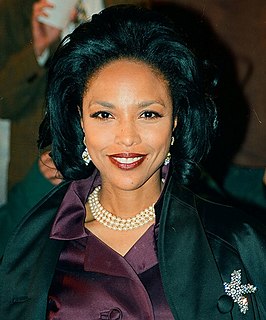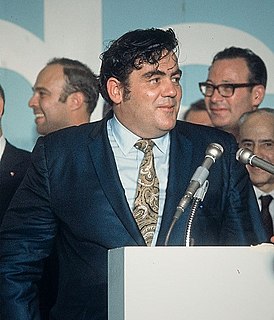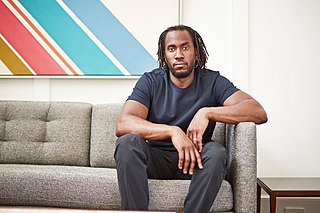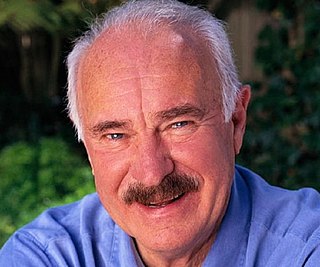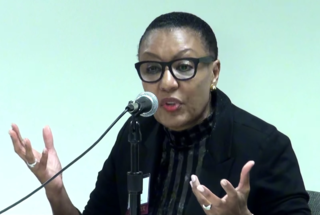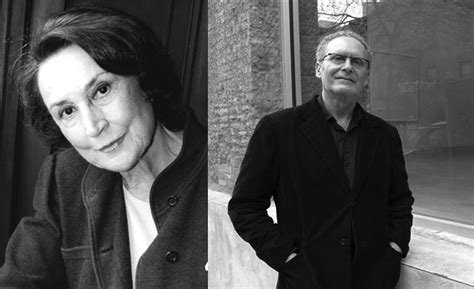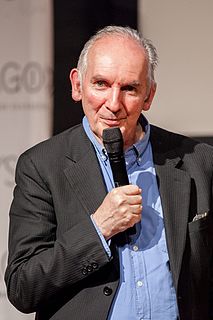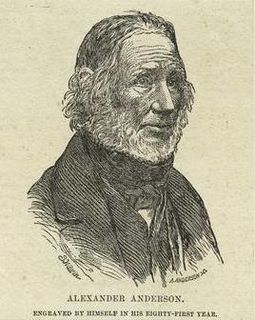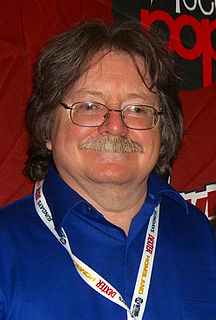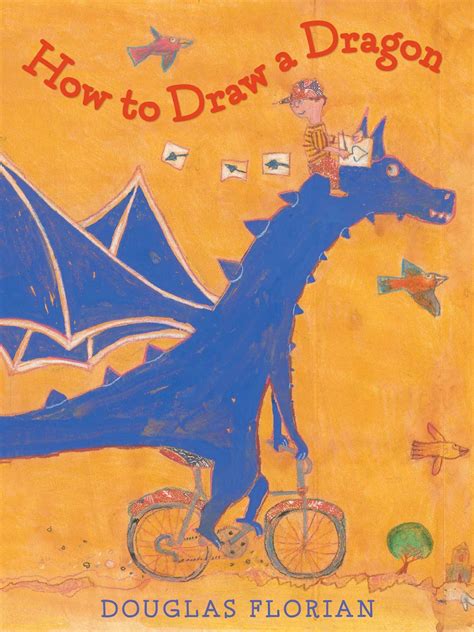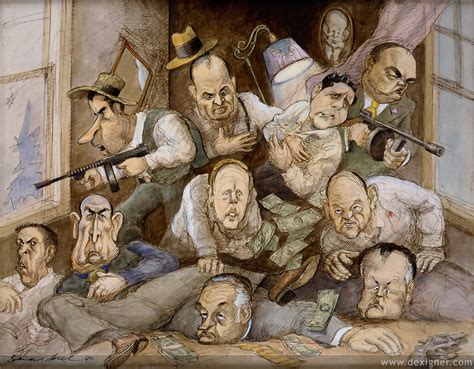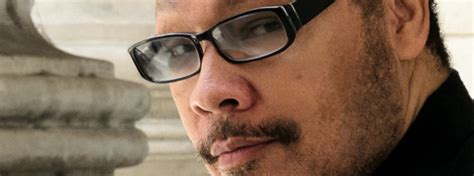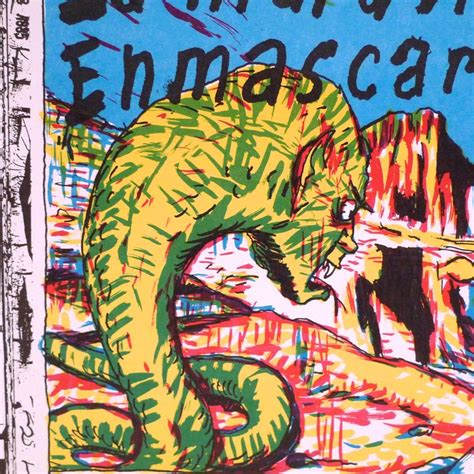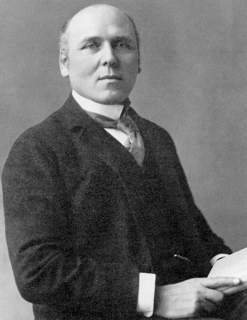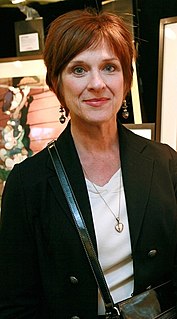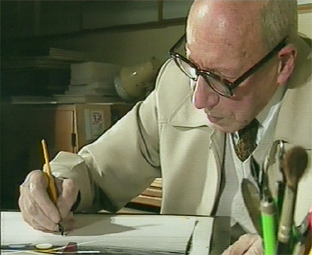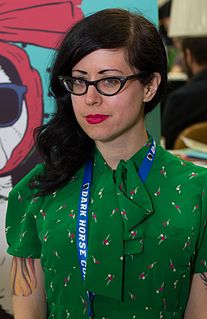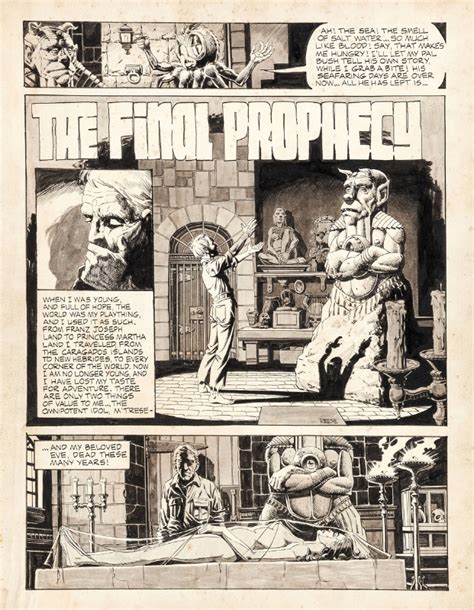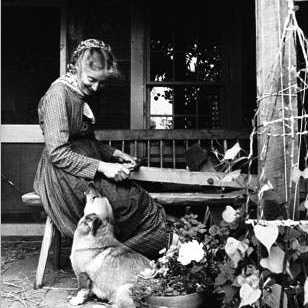A Quote by Jerry Pinkney
African American writers and artists, by the very nature of what they do, will actually enhance or bring together people in a way that might be very, very healthy.
Related Quotes
I had very supportive parents that made the way for me, even at a time when there were very few women - no women, really; maybe two or three women - and very few, fewer than that, African-American women heading in this direction, so there were very few people to look up to. You just had to have faith.
I love to publish new writers, and we do so consistently. But a lot of contemporary American poets sound alike to me. They want to bring spoken, prosy language into poetry and I understand that desire. But they don't edit. It's not very curated work. It seems very lackluster, very uncareful. It may be the un-carefulness is also something they intend but there's a kind of "So what?" quality to a lot of it.
Oh, I love labels, as long as they are numerous. I'm an American writer. I'm a Nigerian writer. I'm a Nigerian American writer. I'm an African writer. I'm a Yoruba writer. I'm an African American writer. I'm a writer who's been strongly influenced by European precedents. I'm a writer who feels very close to literary practice in India - which I go to quite often - and to writers over there.
If you look at my collaborations, it is very much in line with all these others in the sense that it is a building of community, particularly among artists of color. This is what I learned from the example of elder African-American artists, which is where it is all coming from; to refuse to be silenced.
I'm very pleased this military engagement together with a political road map that we developed, we were able to continue. We want to bring about a political solution there. We worked very closely together [with Barack Obama] on the issue of annexation of Crimea and Russia's attempt to actually conquer Ukraine and actually, they did so, conquer part of the territory. We tried to come to a peaceful settlement here on this.
What's happening in the larger world always influences art. When I first started the gallery in 1959, one of the first things I learned was that most people assume artists know one thing and one thing only - that they were idiot savants. I found very quickly that most artists were very informed and very aware of what was happening in the world around them. So all of those things go together, especially for earthworks. And at that time there was such an intense interest in American art. So there was a great deal of attention paid to where it was going.

